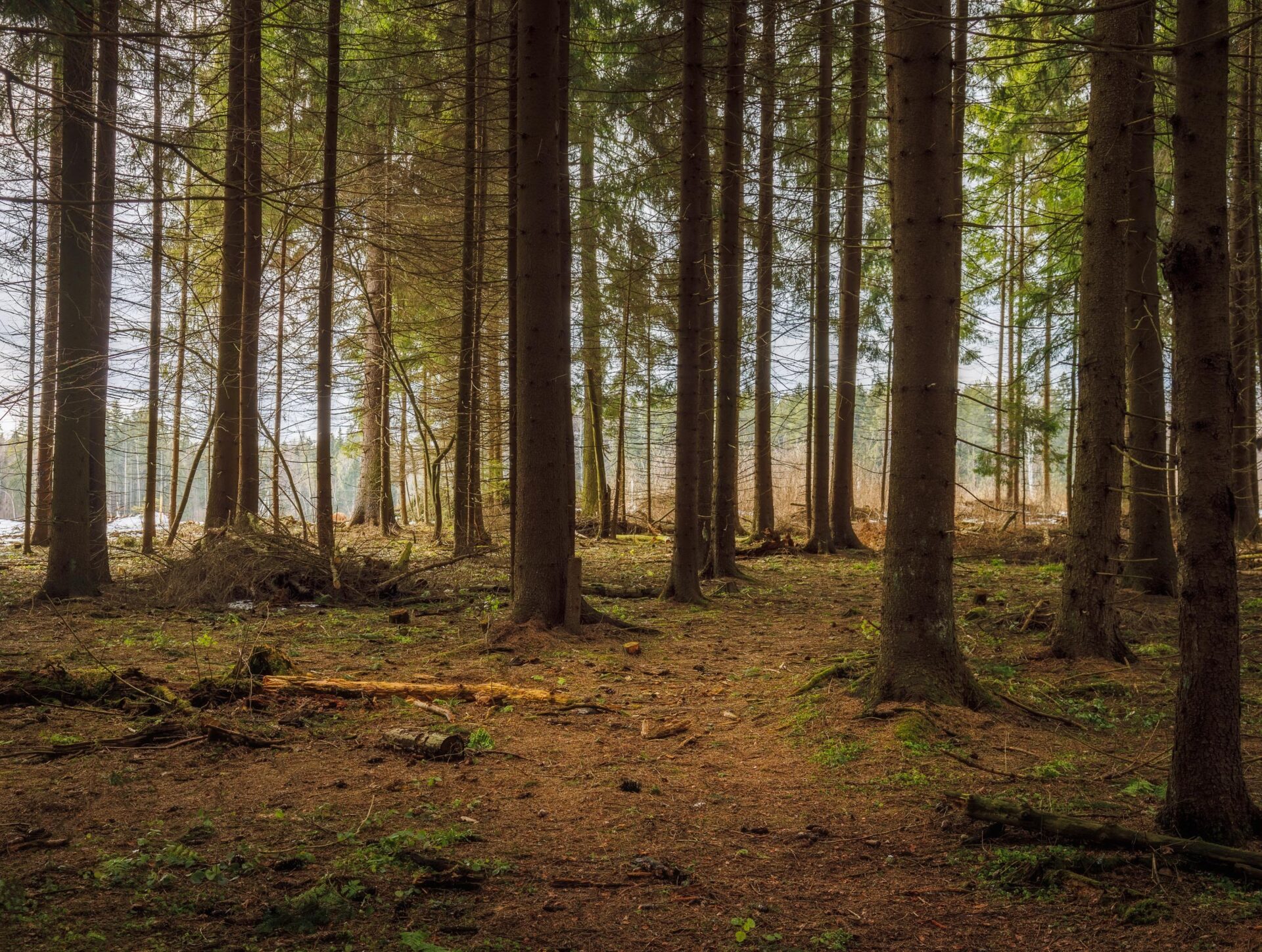Buying land in KY is a great way to invest in your future and the future of this area. Land is a tangible, finite resource that is easy to purchase. Some land requires no maintenance and is less expensive. Owning land can give you peace of mind, and if you own the right piece of land, it will appreciate over time!
Though before you purchase your favorite lot, be aware that a land purchase may yield more surprises. For Instance, easements and zoning restrictions to environmental conditions could quickly turn your dream into a headache. Here are the dos and don’ts of buying vacant land to avoid buyer’s remorse:
Do Work with An Agent to Find the Land
You can go through the land purchasing process alone or get the help of experienced professionals. Real estate agents can help you navigate the finer details like negotiations, due diligence, and closing the deal. Aside from that, they have extensive experience in negotiating land deals.
Take advantage of their skills and knowledge to learn more about the town where the land is, deal with the seller’s agent, arrange for you to walk the land, obtain helpful information not provided by the seller’s agent, and generally walk you through the entire process of buying land in KY.
Do Have Your Finances in Order
Work out your budget. It’s vital to know how much you can afford to spend before you start visiting properties. Land purchases are often made in cash because lenders are less inclined to provide funds for undeveloped land. Take a look at the funds you have or can secure before purchase, and determine your budget that way.
Do Consider Your Neighborhood
Location is key to buying land in ky valuable real estate. And there are several factors for a land to be considered a good location – this includes the neighborhood.
Do your research when it comes to neighborhoods. Keep in mind the best communities are going to be more expensive investments. For the best investment, you want a neighborhood on the verge of being ‘next’ best. Ask the question, “Where will this neighborhood be in five years?”
Do Take Utilities and Road Access into Account
It’s easy to take for granted access to running water, electricity, and sewers when you’re buying an existing house, but with vacant land, these are not always a given.
Depending on how developed the area is, you want to know if it will cost money for infrastructure to be run to that land or already serviced.
Don’t Skip the Environmental Tests and the Surving
Like a home inspection and background research on a house, a plot of land needs to be subjected to tests and checks to ensure that you know what you’re buying. Environmental tests check the soil for contamination from previous use and the land’s potential for flooding or its poor soil conditions for building. You’ll also want to have a surveyor look at your property to identify the boundaries and know the exact location of any easements or encroachments on the property.
Subscribe to our articles for more tips on buying land. Better yet, contact us for help on your next investment


